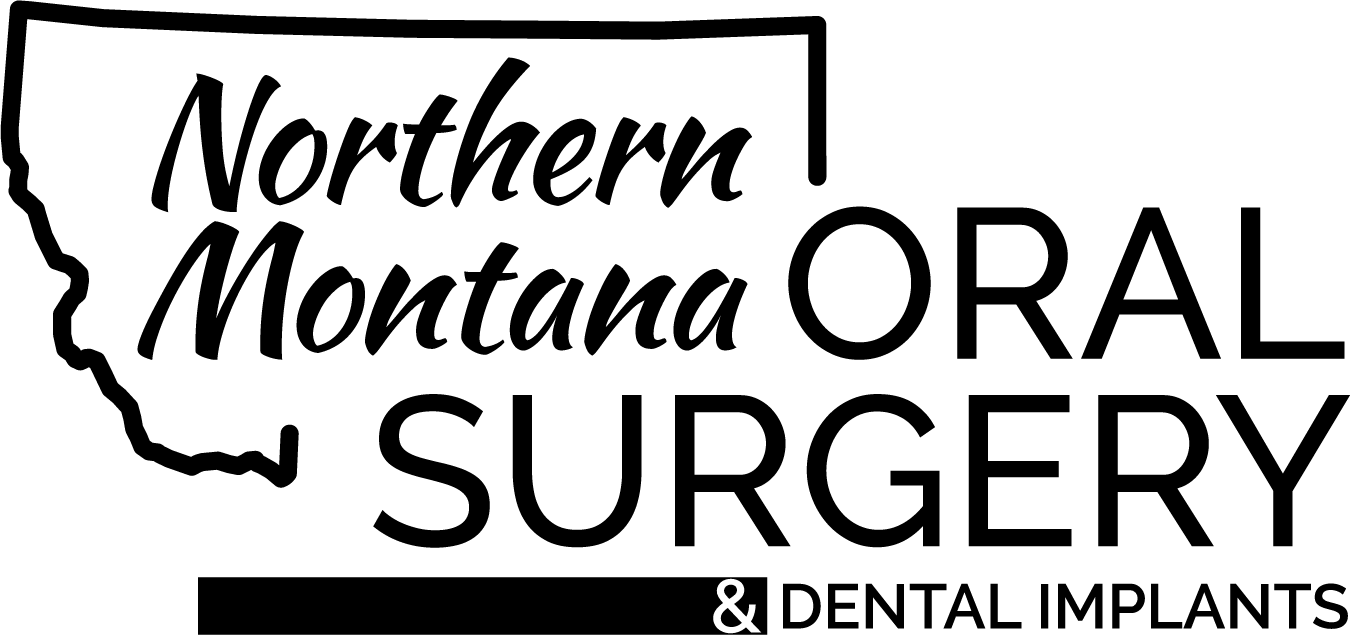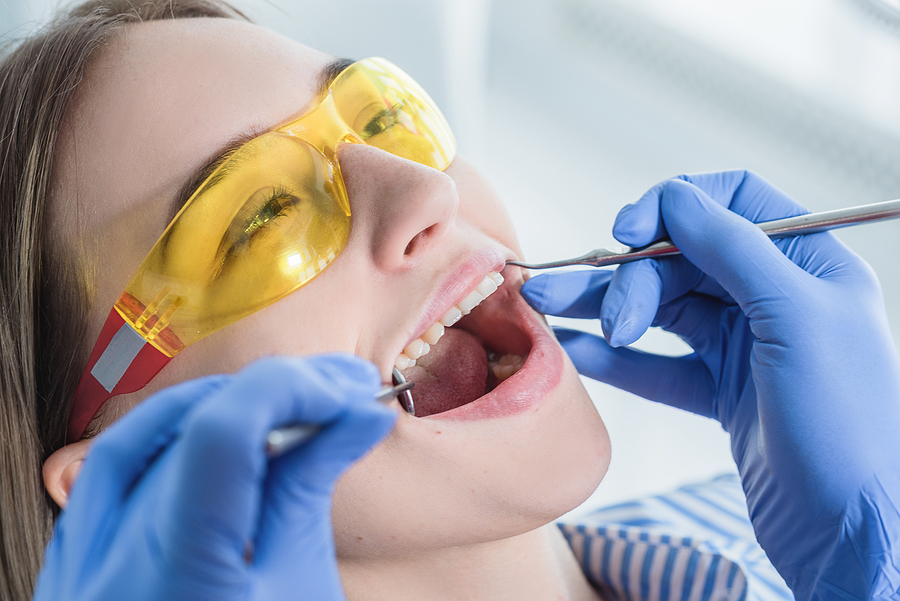Sleep Apnea

Dental Implants

Wisdom Teeth

Extractions

Anesthesia

Pediatric Oral Surgery

Corrective Jaw Surgery

Dental Urgent Care

Oral Pathology

Facial Trauma

TMJ Disorders

Bone Grafting

Sleep Apnea
Sleep apnea is a condition that causes a patient to stop breathing for a few seconds during sleep, which can occur multiple times throughout the night. Sleep apnea can affect anyone, but it is more common in men and people who are overweight.
What Is Sleep Apnea?
Obstructive sleep apnea is a sleeping disorder that affects more than twelve million Americans, according to the National Institute of Dental and Craniofacial Research. In obstructive sleep apnea, the airway collapses during sleep leading to shallow breathing or pauses in breathing.
These pauses can last from a few seconds to a few minutes and can repeat up to hundreds of times per night. This interrupts the body’s ability to get oxygen throughout the night which can have serious medical consequences, including high blood pressure, diabetes, heart disease, stroke, memory issues, and more.
Treatment of Sleep Apnea
The most common treatment for sleep apnea is Continuous Positive Airway Pressure. CPAP therapy involves a mask that covers the nose and mouth that is connected to a machine that provides a constant stream of pressurized air to keep the airways open throughout the night.
While effective for most patients, some patients cannot tolerate wearing the mask at night or get poor results from CPAP therapy. For these patients, alternative treatments are available.
One alternative treatment is oral appliance therapy. An oral appliance is a small custom-fitted device worn in the mouth to hold the lower jaw open just enough to prevent the tongue from falling back over the airway. Most patients find oral appliances to be more comfortable and convenient than CPAP machines. Oral appliances are also easier to travel with.
What Are the Causes and Symptoms of Sleep Apnea?
There are several factors that can cause obstructive sleep apnea. The number one cause is obesity, which affects over 30 percent of the adult population in the United States. Other potential causes of sleep apnea include:
- Enlarged adenoids and tonsils
- Obstructive nasal passages due to allergies or structural abnormalities
- Abnormally long soft palate or a large tongue
If you suffer from sleep apnea, you may experience daytime fatigue, irritability, headaches, and difficulty concentrating. You may also have high blood pressure or feel excessively sleepy during the day. If left untreated, sleep apnea may lead to other serious conditions such as heart issues or depression.
To find out more about the dental services we offer at our dental practice, Call this number (406) 727-4322 or request an appointment from our website to get a consultation. You can also visit us at 2511 Bobcat Way, Great Falls, MT 59405, or 515 14th Street West, Havre, MT 59501.
Our Locations
- MON - THU7:30 am - 5:00 pm
- FRI6:30 am - 1:00 pm
- SAT - SUNClosed
- MONClosed
- TUE8:30 am - 3:30 pm
- WED - SUNClosed















